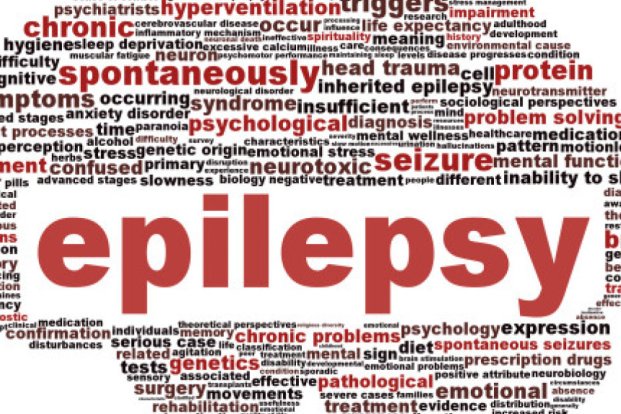What your child's school management should know about Epilepsy
Apr 19, 2022
Children of all ages have epilepsy and most of them attend school every day. As a parent or caregiver, you play an important role in providing your child’s teachers and other school staff with the details they require to create a safe and supportive learning environment culture where your child can thrive.

Work with your school to make sure teachers and other school staff know what to do when a seizure occurs. It is important that every student with seizures has a Seizure Action Plan. The plan should be provided to all administrative staffs and teachers at the school. Several schools have a form for students with special health care require , sometimes known the Individual Health Plan, which can used as the Seizure Action Plan. Like all children, those with epilepsy also require to become familiar with every person in the school that they will communication with, like as the school nurse, principal, etc. It is especially important as they grow older and begin taking more responsibility for their health care needs. In few cases, where your child’s seizures are uncontrolled, home schooling might be a better choice for a while. The convenience that home schooling offers a child with epilepsy, however, may be outweighed by the isolation from other children their age groups. Also epilepsy medicines might cause side effects that can impair a child’s ability to concentrate.








